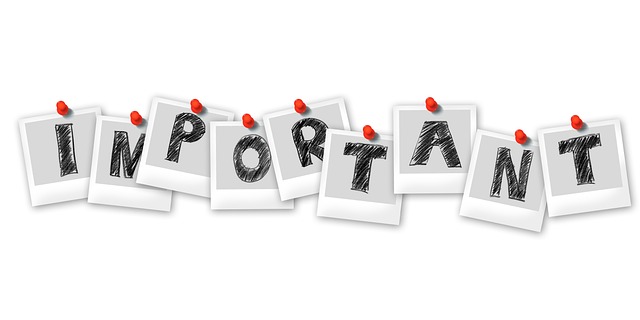In the world of musical genres, rap music stands out not only for its unique sound but also for its cultural significance and relevant commentary on societal issues. The genre, which has roots in African American culture, speaks to the struggles and triumphs of the marginalized, making it a powerful medium for storytelling. With its rhythmic beats and incisive lyrics, rap transcends mere entertainment; it is a cultural force that resonates deeply with listeners.
Rap music is more than just tunes for a party; it serves as a soundtrack to life’s realities. From the gritty streets to the glamorous party scene, rap encapsulates the dualities of existence. Its lyrics often reflect a sense of relevance, addressing topics like poverty, resilience, love, and injustice. When a rapper pours their heart out, listeners find relevance in those experiences, fostering a deep connection between the artist and the audience.
Moreover, rap culture has evolved, embracing various musical influences while maintaining its core identity. Artists experiment with different styles, blending hip-hop with jazz, rock, and electronic sounds, creating a rich tapestry that appeals to diverse audiences. Each sub-genre speaks to different segments of society—be it trap music’s club beats, conscious rap’s thoughtful lyrics, or the party anthems that make us want to dance. This versatility contributes to rap’s enduring relevance in the ever-changing landscape of the music industry.
The party atmosphere often associated with rap not only allows for celebration but also creates spaces where cultural narratives are shared and amplified. These gatherings bring people together, regardless of their background, creating a sense of unity through shared experiences encapsulated in lyrics. In these settings, you witness how music can break down barriers, offering a platform for voices that demand to be heard.
In essence, exploring rap music culture delves into the heart of what makes the genre so significant. It intertwines music and life, echoing sentiments that resonate with generations. From dance battles to poignant discussions, rap continues to be a vehicle for expressing collective hopes and frustrations, making its relevance undeniable in today’s society.




